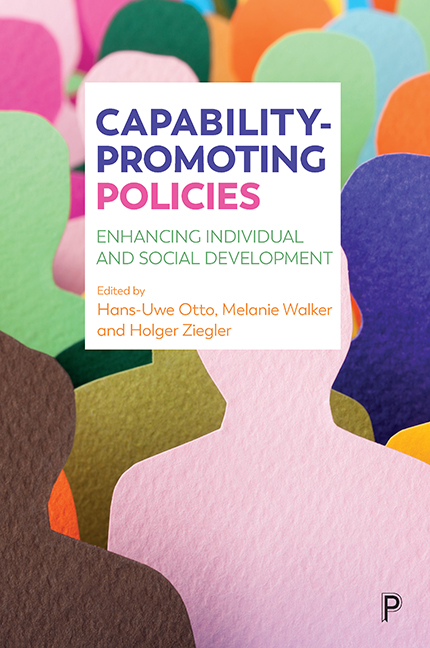Six - A framework for urban integration: the case of Buenos Aires
Published online by Cambridge University Press: 12 April 2022
Summary
Introduction
Latin America is the world's most urbanised continent, with 80% of its population living in urban areas. A third of Latin Americans live in cities with more than one million people (CEPAL, 2014). Argentina does not escape this Latin American characteristic: about 90% of its population is urban, and a third of its overall population – about 15 million of its 45 million inhabitants – is concentrated in the metropolitan area of Buenos Aires.
Latin America has also long been the most unequal continent (Cornia, 2014; Lopez-Calva et al. 2015), and its cities mirror that inequality. In 2010, a quarter of the Latin American population lived in informal settlements. While this proportion has been decreasing since 1990, it has increased in absolute terms, reaching 111 million in 2012 (UN Habitat, 2012, p xii). The Latin American city is characterised by a deep fragmentation between ‘the slums and the rest’ (Rodgers et al, 2011, p 560). Argentina has followed the same urban fragmentation trend. According to a survey of seven urban agglomerations that contain 60% of the total Argentinian population, there were 1,834 informal settlements in the country in 2013 totalling more than 532 thousand families (TECHO Argentina, 2013). The city of Buenos Aires, whose population numbers three million people, has 41 informal settlements in which more than 200,000 people live (Suarez et al, 2014).
This chapter aims to put into practise the human development approach and put forward capability-promoting policies in the context of urban inequality in Latin America. It responds to the urgent need for social policy alternatives by examining the specific innovative insights that this lens, or novel approach to social policy, can provide to inform interventions aimed at decreasing urban fragmentation and a better distribution of wellbeing opportunities (capabilities) across a given urban territory. It is structured as follows. It begins by discussing the features of the capability approach that are most relevant in the context of the Latin American city, namely its multidimensional and sectoral, institutional and agentic perspective. It then uses the first feature to analyse the dynamic interaction between youth employment and education in informal settlements, and territorial characteristics. It moves on to consider the second feature, analysing the role of civil society organisations in the dynamics of capability expansion in informal settlements.
- Type
- Chapter
- Information
- Capability-Promoting PoliciesEnhancing Individual and Social Development, pp. 111 - 130Publisher: Bristol University PressPrint publication year: 2017

